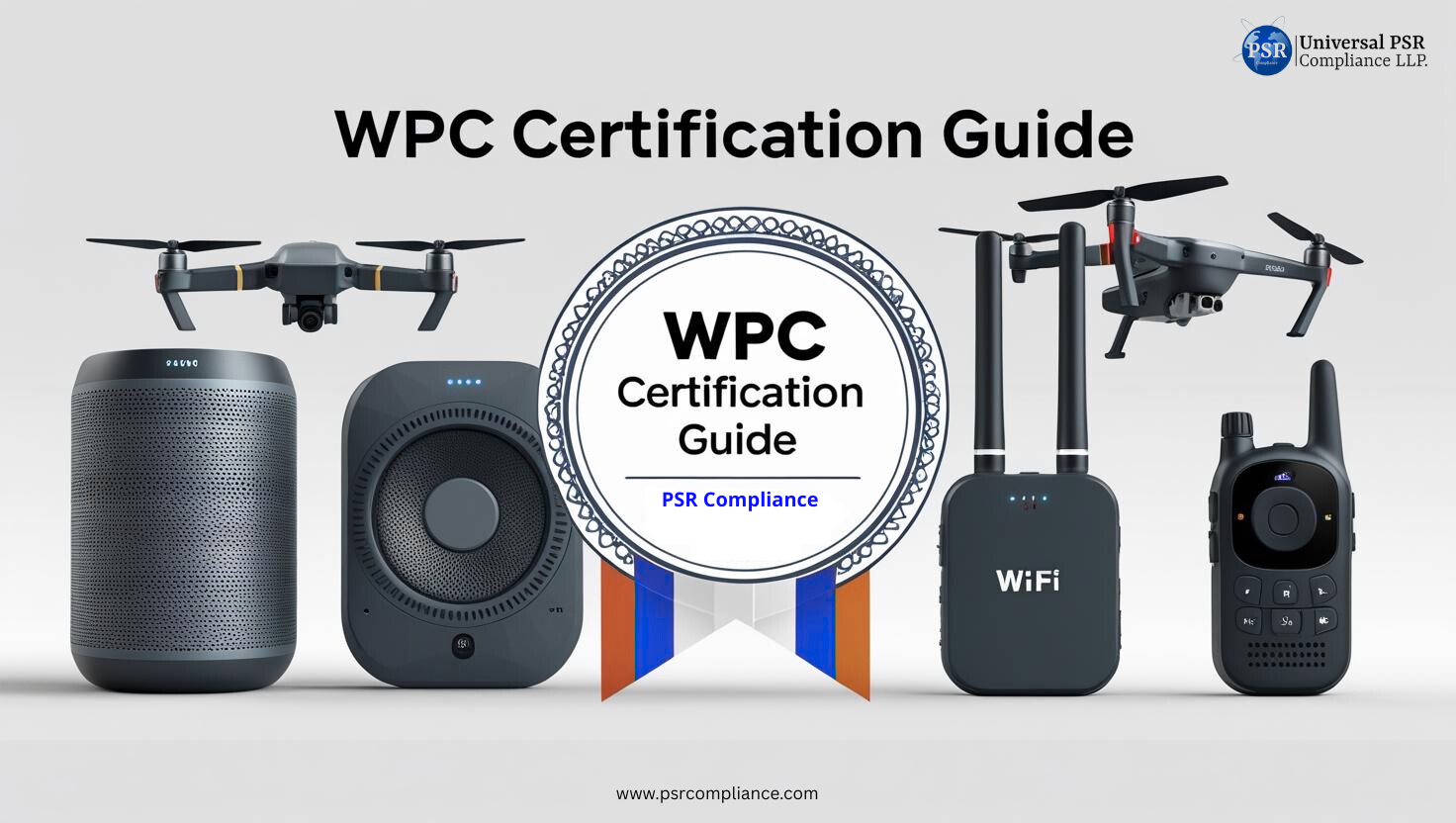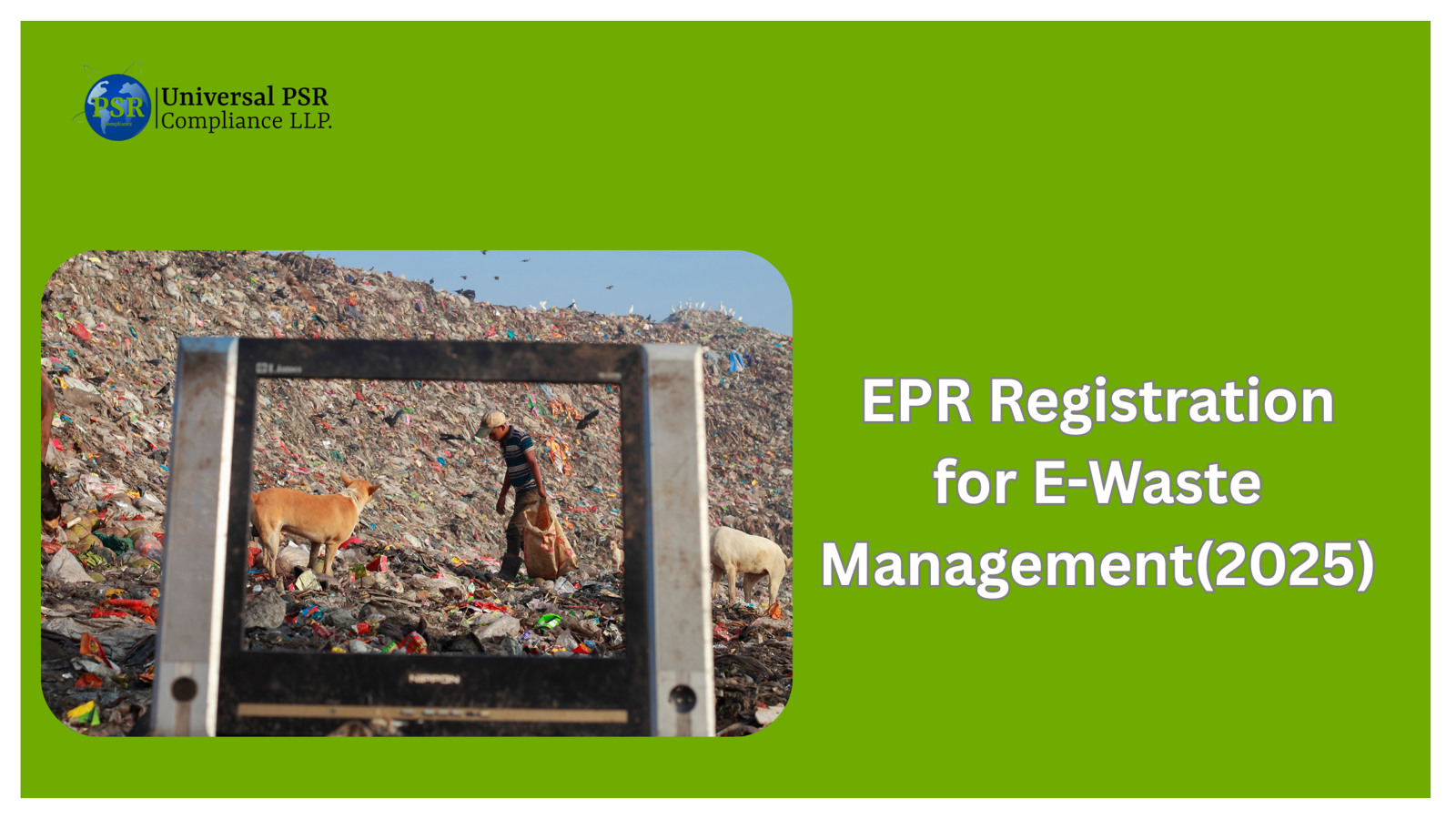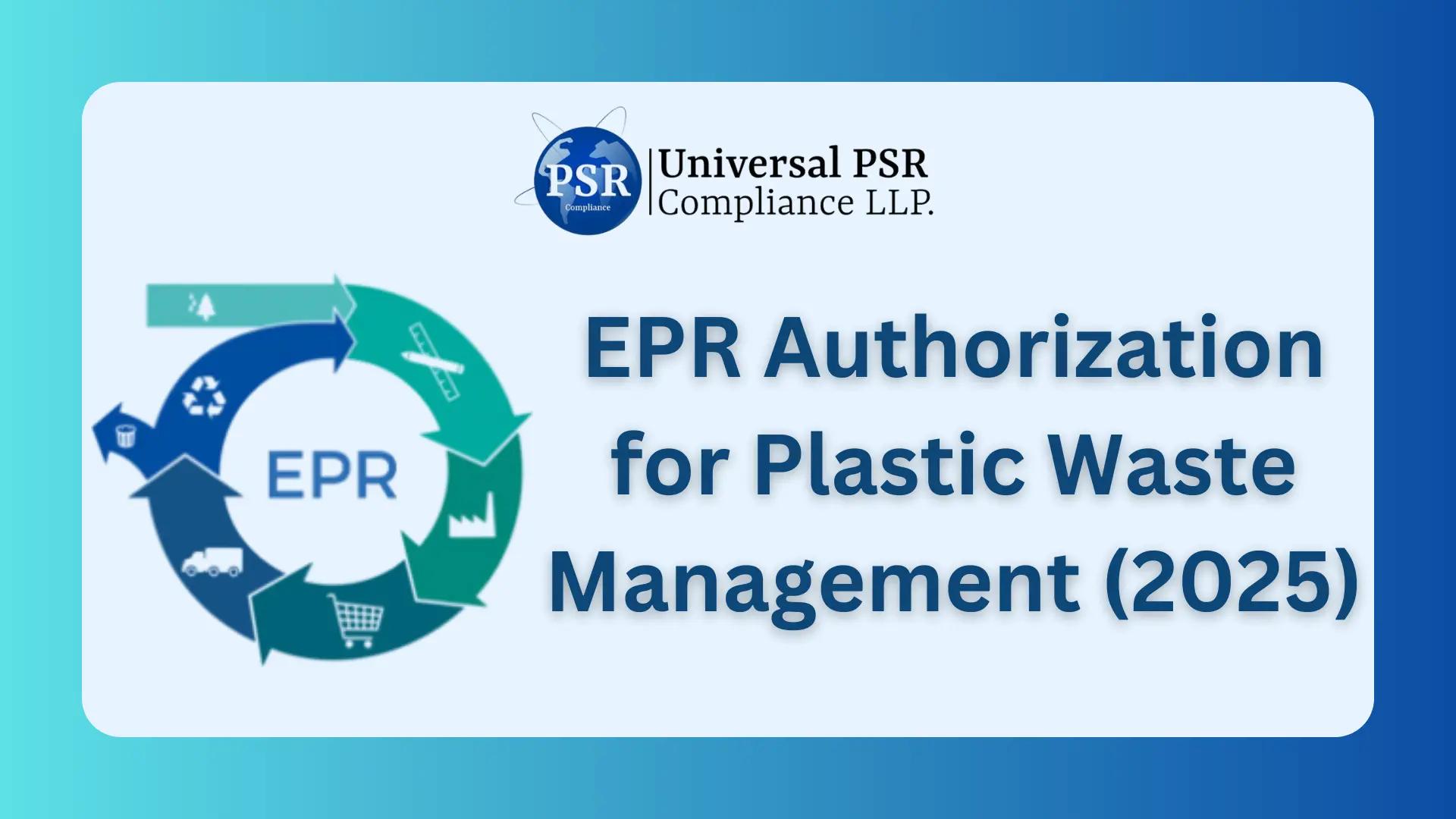In India, the Bureau of Indian Standards (BIS) plays a crucial role in ensuring the quality, safety, and reliability of consumer products. When it comes to home appliances, BIS certification is not just a legal requirement for certain products—it is a mark of trust that assures customers of the product’s compliance with national standards.
Whether you are a manufacturer, importer, or distributor of home appliances, obtaining BIS certification can significantly enhance your brand image and market reach. In this article, we will cover the importance, process, requirements, and benefits of BIS certification for home appliances.
What is BIS Certification?
BIS certification is a conformity assessment provided by the Bureau of Indian Standards under the BIS Act, 2016. It ensures that the product meets specific Indian standards (IS) related to quality, safety, and performance. For home appliances, this certification guarantees that the product has undergone rigorous testing and complies with the safety norms prescribed by BIS.
Some common home appliances that may require BIS certification include:
Refrigerators
Washing machines
Air conditioners
Electric irons
Microwave ovens
Electric water heaters
Ceiling fans
Why BIS Certification is Important for Home Appliances
Legal Compliance – For certain home appliances, BIS certification is mandatory as per the Government of India’s regulations. Selling uncertified products can lead to legal action, penalties, or product seizures.
Consumer Safety – Certified products undergo strict testing to ensure they are safe for everyday use, reducing the risk of accidents, electric shocks, or fire hazards.
Market Acceptance – Retailers, e-commerce platforms, and distributors prefer certified products because they are reliable and compliant with safety standards.
Brand Trust & Reputation – BIS certification enhances customer confidence, making your brand stand out from competitors.
Types of BIS Certification Schemes for Home Appliances
BIS offers certification under different schemes depending on the nature of the product:
ISI Mark Certification – Applicable to domestic manufacturers, this scheme ensures that the product meets Indian standards.
Foreign Manufacturers Certification Scheme (FMCS) – For overseas manufacturers who want to sell their home appliances in India.
Compulsory Registration Scheme (CRS) – Covers certain electronic products, including some categories of home appliances, under mandatory registration.
BIS Certification Process for Home Appliances
The certification process generally involves the following steps:
Application Submission – The manufacturer or their authorized representative submits an application to BIS with the required documents and product details.
Product Testing – Samples of the appliance are sent to a BIS-recognized laboratory for testing as per the applicable Indian standards.
Factory Inspection – BIS officials conduct an inspection of the manufacturing unit to verify production processes, quality control measures, and compliance with standards.
Grant of License – Upon successful verification and test results, BIS issues the certification, allowing the manufacturer to use the BIS Standard Mark (ISI mark) or CRS registration.
Documents Required for BIS Certification
Application form
Manufacturing license or company registration documents
Product specifications and drawings
Test reports from BIS-recognized labs
Quality control plan
Details of manufacturing facilities and processes
Validity and Renewal
BIS certification is usually valid for two years and can be renewed by submitting a renewal application before expiry. Renewal requires proof of continued compliance, including updated test reports and inspection results.
Benefits of BIS Certification for Home Appliances
Compliance with Legal Standards – Avoids penalties and ensures hassle-free operations in the Indian market.
Enhanced Market Reach – Many retail outlets and online platforms mandate BIS-certified products.
Customer Confidence – Builds trust in your brand and assures buyers of product safety and quality.
Reduced Product Liability Risks – Certified products are less likely to cause harm, reducing the chances of legal disputes.
How PSR Compliance Can Help
Navigating the BIS certification process can be complex, especially for first-time applicants. PSR Compliance offers complete assistance, from identifying applicable Indian standards to preparing documents, coordinating with BIS, and ensuring timely certification. With expert guidance, manufacturers can save time, reduce costs, and ensure compliance without unnecessary delays.
If you are planning to manufacture, import, or sell home appliances in India, BIS certification is your gateway to market credibility and consumer trust.
🔗 Read the full detailed guide here: https://www.psrcompliance.com/blog/bis-certification-for-home-appliances

















Write a comment ...